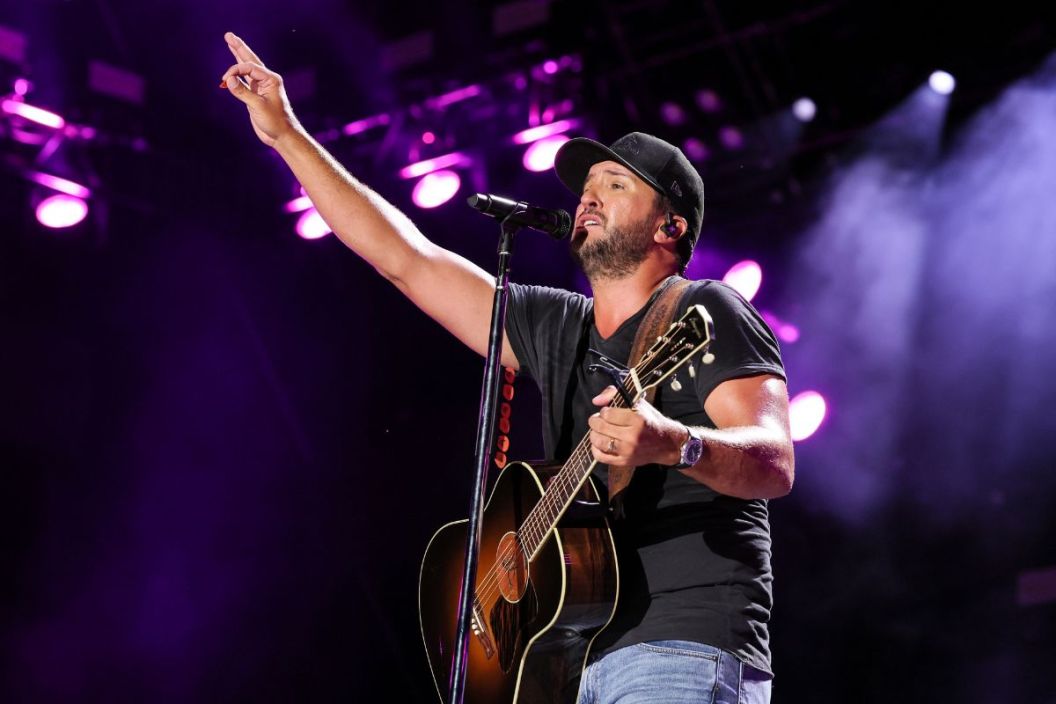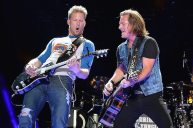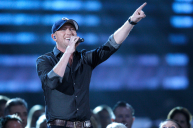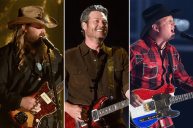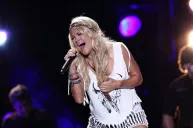In a Nov. 2022 interview with the Tennessean, Luke Bryan responded to a divisive label that's followed him throughout his career: "bro country."
Videos by Wide Open Country
The term lumps together the music of Bryan, Jason Aldean, Florida Georgia Line and other male country artists and accuses such acts of over-reliance on party songs about beer, pickup trucks and nameless women.
"I don't care for defining that era as 'bro-country," Bryan said. "I feel like a group of artists focused on hitting the mark on a lot of fun stuff that we loved, that the fans also enjoyed, that became very popular."
Bryan sees his early aughts and 2010s success as an extension of the Garth Brooks model of putting on rock star-quality stage shows.
"Garth taught country music stars how to approach our careers with a rock star mentality," Bryan explained. "Being 'rock 'n' roll' level enormous by selling out football stadiums on multiple nights --and reaching meteoric heights because of it-- programmed us to dream of achieving that level of success."
Bryan went on to sum up that era's mainstream popularity with another term that means different things to different listeners: authenticity.
"Even if it's about a world people don't know anything about, if the story feels authentic --me singing 'Huntin', Fishin' and Lovin' Everyday' or talking about sitting on a truck tailgate drinking a beer doesn't precisely describe the life of someone in Boston at Gillette Stadium, but they believe [the lyrics]-- then people will gravitate to you," Bryan said.
He also addressed the lingering lack of diversity on country radio that made the so-called "bro country" years contentious.
"But now that we're making a collaborative effort as a genre to give everyone an equal chance to shine, great artists still have to sing great songs and that's happening," he said. "As long as it continues to happen --and we grow more comfortable with what representing all facets of many ways of life [looks] like-- country music has a bright future."
